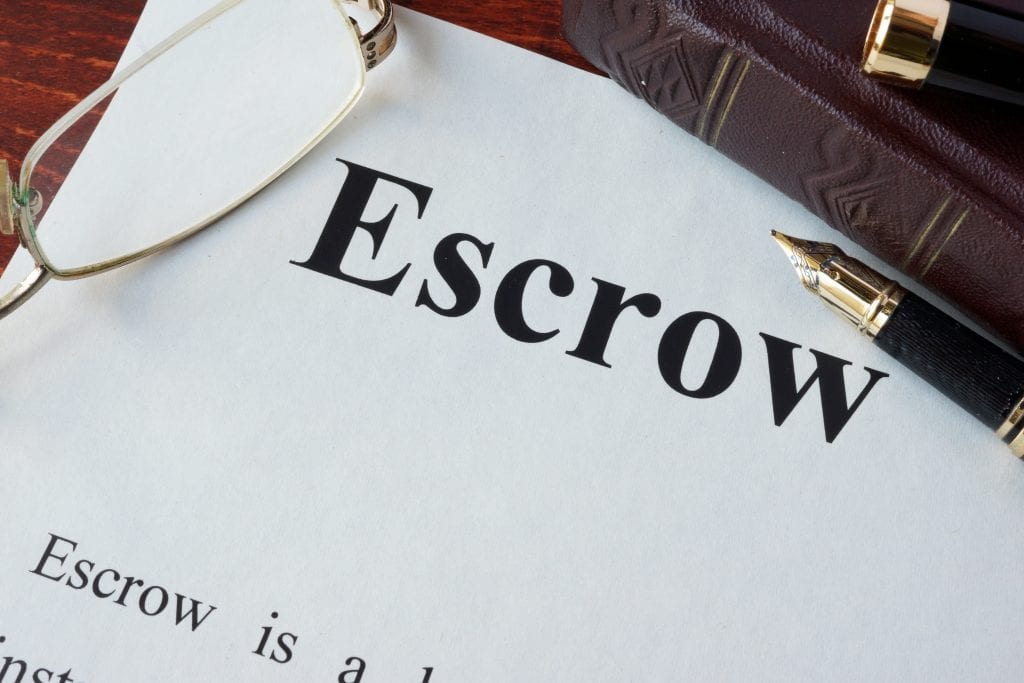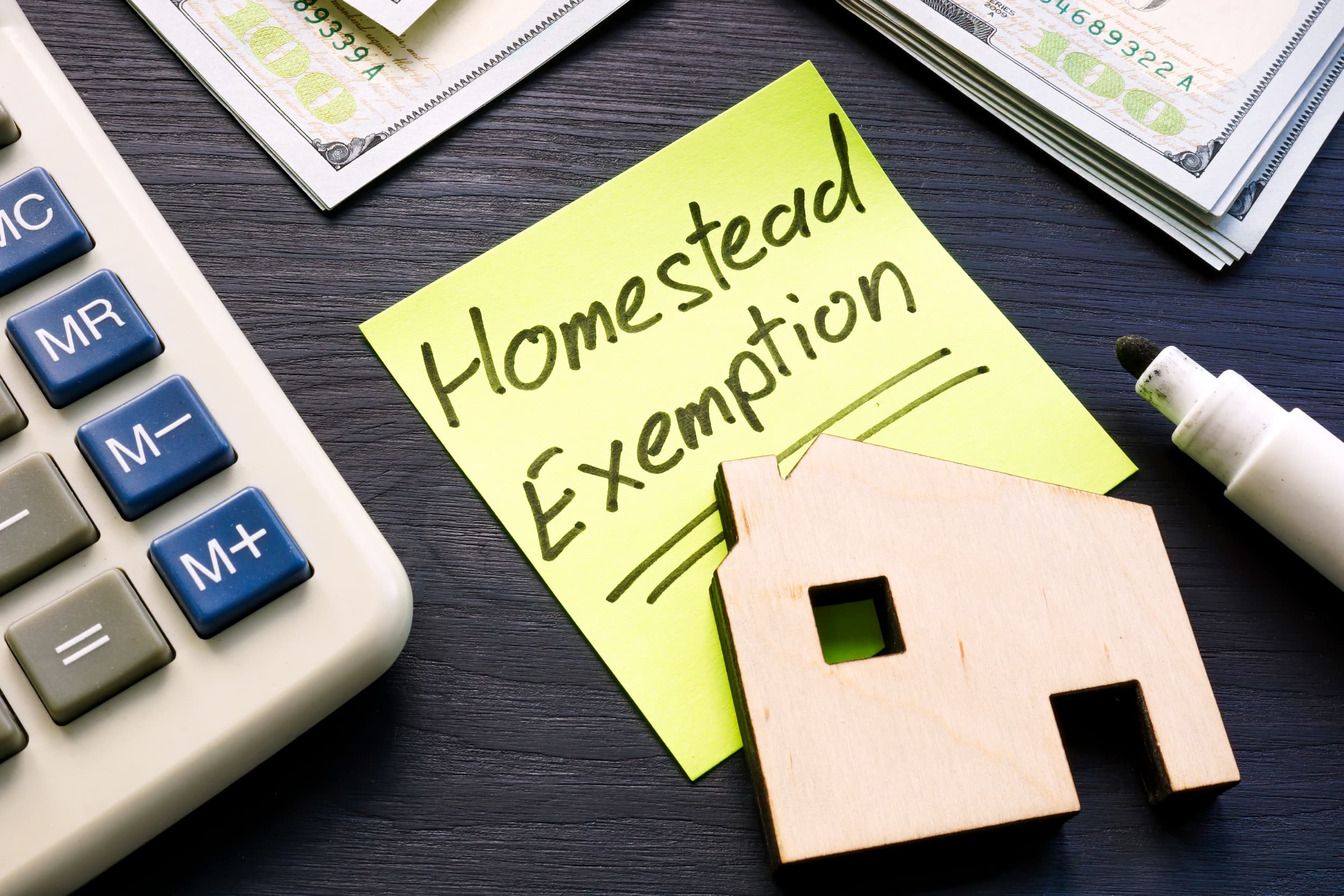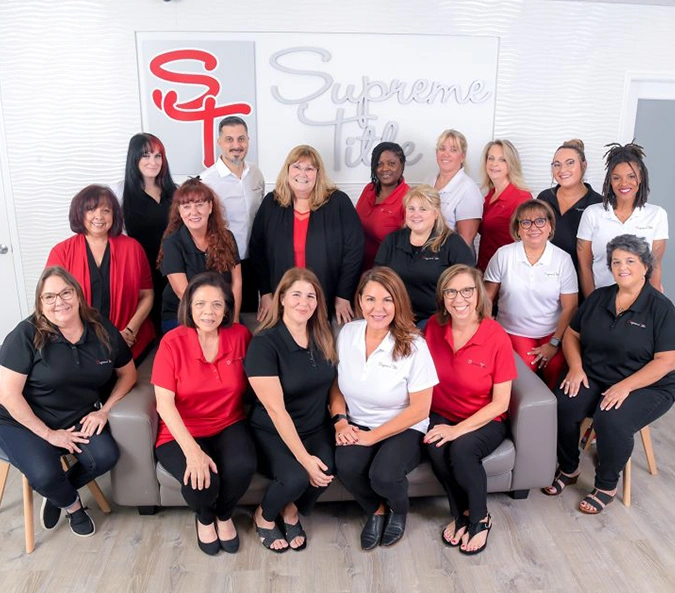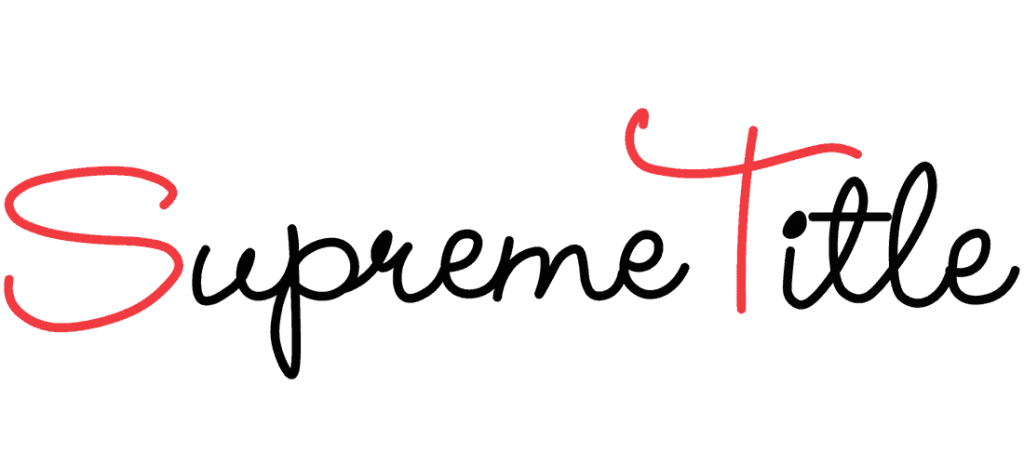What exactly is ‘escrow’? We hear this word commonly in the real estate industry, especially at the title company. It makes sense to begin our discussion at the time before the closing; this period before the home sale is finalized.
A home is ‘in escrow’ once the seller accepts the offer, up until the transaction is fully completed. The title company acts as a neutral party that is trusted by both the buyers and the sellers. The title company holds the buyer’s earnest money deposit, which is the deposit paid to the seller to show that the offer from the buyer is in ‘earnest’; this deposit acts as the down payment at closing. The title company also holds the seller’s deed along with other paperwork until the deal is finalized at the closing. After the home purchase is completed, the deed is written in the name of the new owner and is recorded in county public record.
If a buyer or seller wants to see the costs for escrow services, that would be detailed in the Closing Disclosure, given to each party from the title company right before the closing. The outline of these charges might be included in the title company’s fees and not specifically stated individually, so all one would have to do is ask the title company where the escrow fees are included. There are states and counties where escrow fees are split in half between the buyer and seller, and other places where only one party is responsible. In any case, there is always the option of negotiating within the contract which party handles the fees.
The escrow account is connected to the buyer’s mortgage lender. That lender is able to set up an escrow account for the monthly payments on the mortgage, property taxes, and homeowner’s insurance. This account receives your monthly bill balance, and the lender uses these funds to pay the bills associated with your mortgage.






